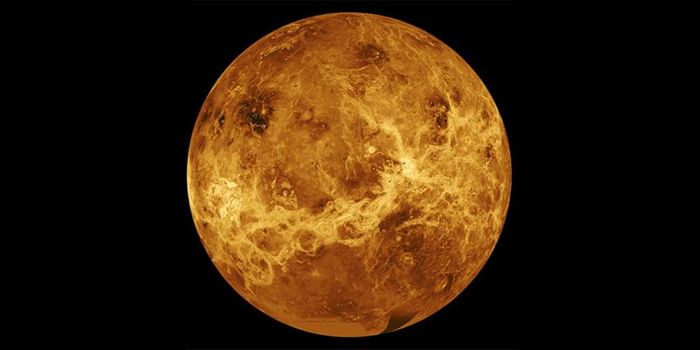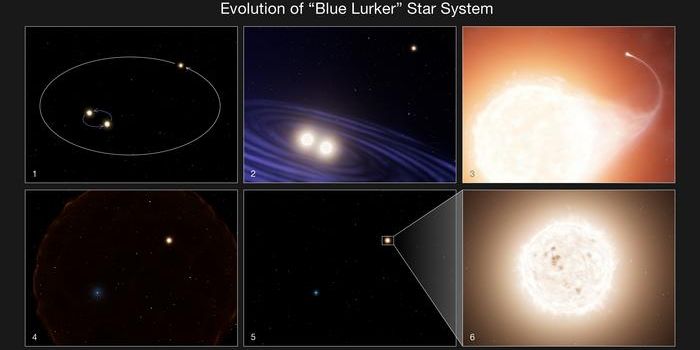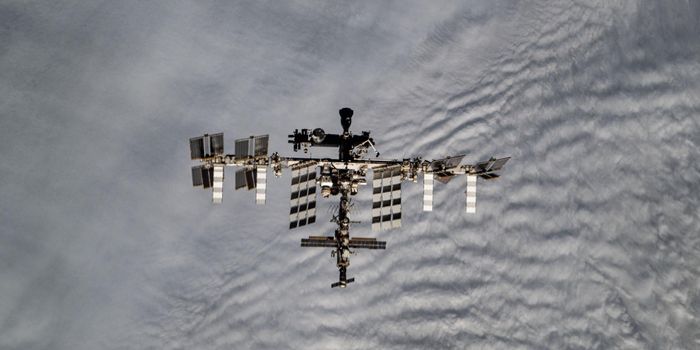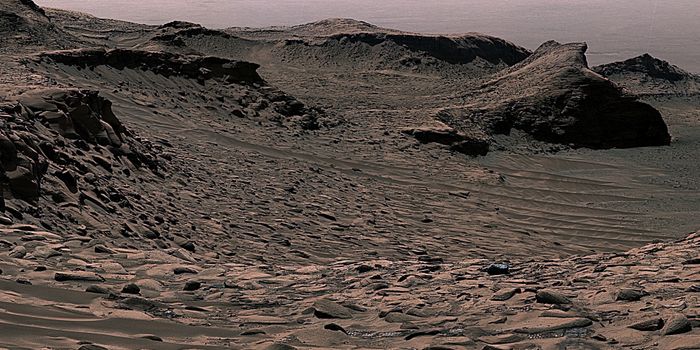Hubble Space Telescope Spots Galaxy Merger
It’s not every day that you get to see two galaxies collide somewhere in the middle of the universe. It’s a relatively rare occurrence, and when it happens, the two galaxies often merge into a single galaxy.
Because the process of two merging galaxies can take millions or billions of years, it’s not exactly an easy process to observe, but the Hubble Space Telescope has taken the following picture of galaxy NGC 6052, which is more than 230 million light years away:

In this colorful photograph, we can see a galaxy merger happening right now. Because the process happens so slowly over the course of many years, the matter inside of the galaxies, such as the stars and planets, will slowly change their orbits to work around one another and find new paths.
“As the merging process continues, individual stars are thrown out of their original orbits and placed onto entirely new paths, some very distant from the region of the collision itself,” NASA said in a statement. “Since the stars produce the light we see, the “galaxy” now appears to have a highly chaotic shape. Eventually, this new galaxy will settle down into a stable shape, which may not resemble either of the two original galaxies.
When the merger is complete, which won’t happen in any of our lifetimes, the galaxy will have a completely different look and feel than either of the two parent galaxies that collided.
Scientists will continue to study the galaxy merger to try to understand more about how and why it happens and how it affects the contents of the galaxy over time.
Source: NASA








